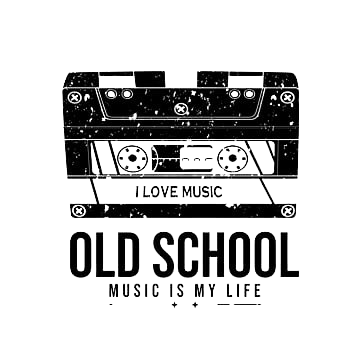Dipping back into the Far Out Magazine vault we’re revisiting a pivotal moment history. Not only for two young guys from Liverpool named John and Paul, but for Merseyside, for music and for the world. The day is when John Lennon met Paul McCartney.
In the afternoon of that day, The Quarrymen skiffle group played at the quaint garden fete of St Peter’s Church, Woolton, Liverpool. It would be the unlikely setting of one of the most poignant moments in pop culture.
The performance took place on a stage in a field behind the church, because life was simpler back then. In the band were none other than the lead vocalist and guitarist John Lennon, guitarist Eric Griffiths, Colin Hanton on drums, banjo player Rod Davies, percussionist Pete Shotton playing the washboard and Len Garry on bass.
The group arrived on the back of a lorry. As well as the music, there were cake stalls, games, police dog demonstrations and the traditional crowning of the Rose Queen.
Julia Bird, Lennon’s sister, wrote in her book Imagine This about the day: “The entertainment began at 2pm with the opening procession, which entailed one or two wonderfully festooned lorries crawling at a snail’s pace through the village on their ceremonious way to the Church field,” she said.
“The first lorry carried the Rose Queen, seated on her throne, surrounded by her retinue, all dressed in pink and white satin, sporting long ribbons and hand-made roses in their hair,” she added. “These girls had been chosen from the Sunday school groups, on the basis of age and good behaviour.
“The following lorry carried various entertainers, including The Quarrymen. The boys were up there on the back of the moving lorry trying to stay upright and play their instruments at the same time,” Julia continued, before adding: “John gave up battling with balance and sat with his legs hanging over the edge, playing his guitar and singing. He continued all through the slow, slow journey as the lorry puttered its way along. Jackie and I leaped alongside the lorry, with our mother laughing and waving at John, making him laugh. He seemed to be the only one who was really trying to play and we were really trying to put him off.”
The band were also scheduled to perform later in the evening with a series of member changes offering the boys the chance to work their way around instruments and show off their guitar knowledge—an entertaining thing back in the ’50s. While setting up their equipment to play, The Quarrymen’s sometime tea-chest bass player, Ivan Vaughan, introduced the group to one of his classmates from the Liverpool Institute, a young teenager by the name of Paul McCartney.
McCartney was a very confident teenager and began to show Lennon how to tune his guitar before he then started belting out some Eddie Cochran, Gene Vincent and Little Richard medleys to the glee of the Quarrymen who seemed enamoured by their new pal. Macca had made a splash.
In 1995 McCartney himself reflected on that moment: “I remember coming into the fete and seeing all the sideshows. And also hearing all this great music wafting in from this little Tannoy system. It was John and the band,” he said.
“I remember I was amazed and thought, ‘Oh great’, because I was obviously into the music. I remember John singing a song called ‘Come Go With Me’. He’d heard it on the radio. He didn’t really know the verses, but he knew the chorus. The rest he just made up himself.”
He added: “I just thought, ‘Well, he looks good, he’s singing well and he seems like a great lead singer to me.’ Of course, he had his glasses off, so he really looked suave. I remember John was good. He was really the only outstanding member, all the rest kind of slipped away.”
It was the beginning of a partnership which would change the world. One song at a time, the pair showed that not only could they combine perfectly well in melody and tune, but also in life. Becoming close friends until Lennon’s untimely death, their relationship is best summed up in the quote McCartney gave for In His Own Write: “At Woolton village fete I met him. I was a fat schoolboy and, as he leaned an arm on my shoulder, I realised he was drunk. We were twelve then, but, in spite of his sideboards, we went on to become teenage pals.”

